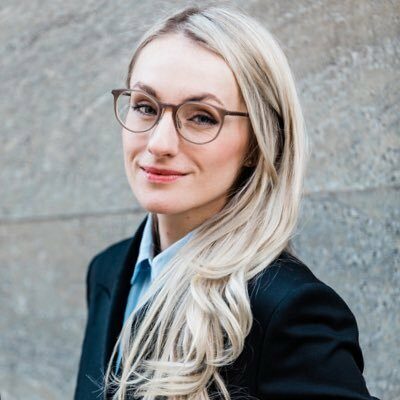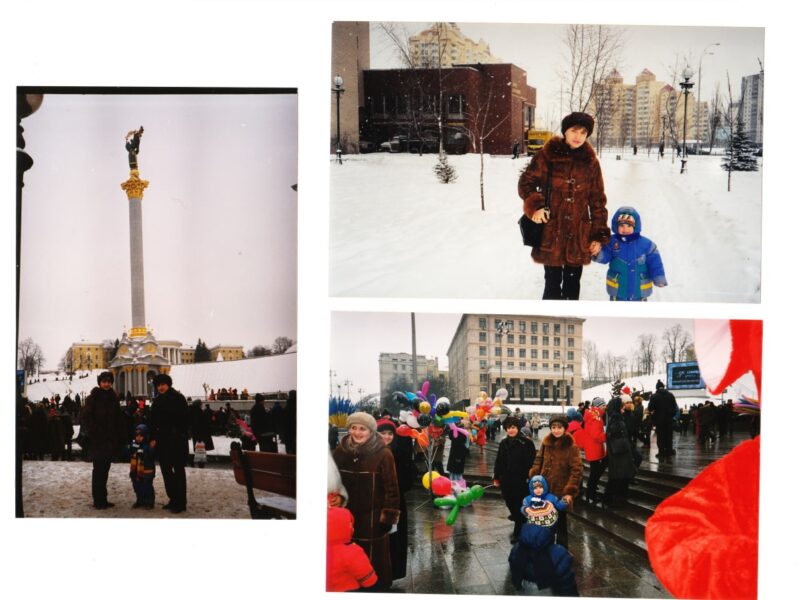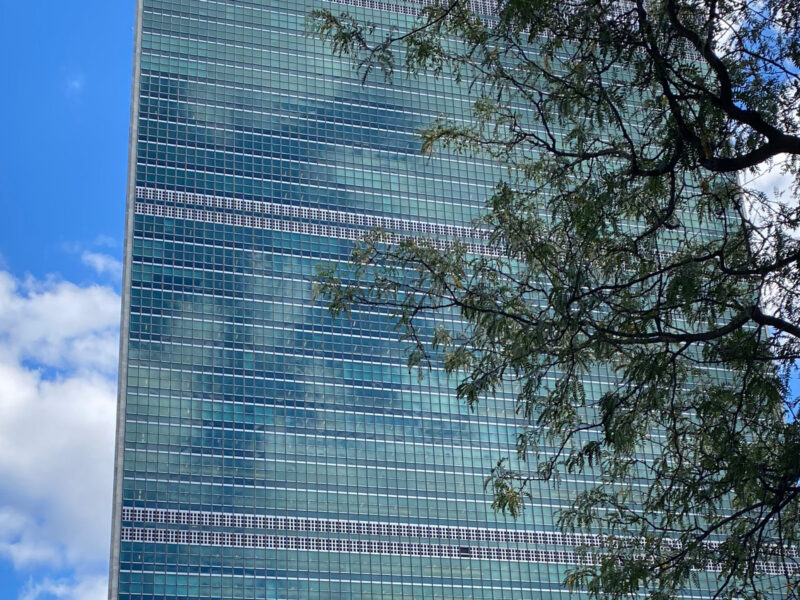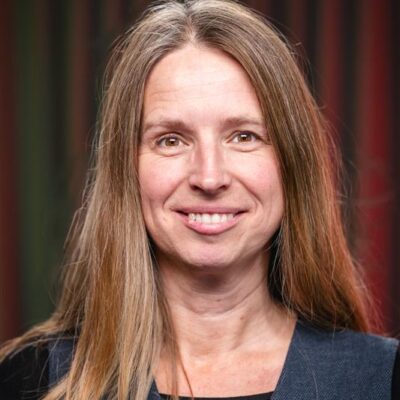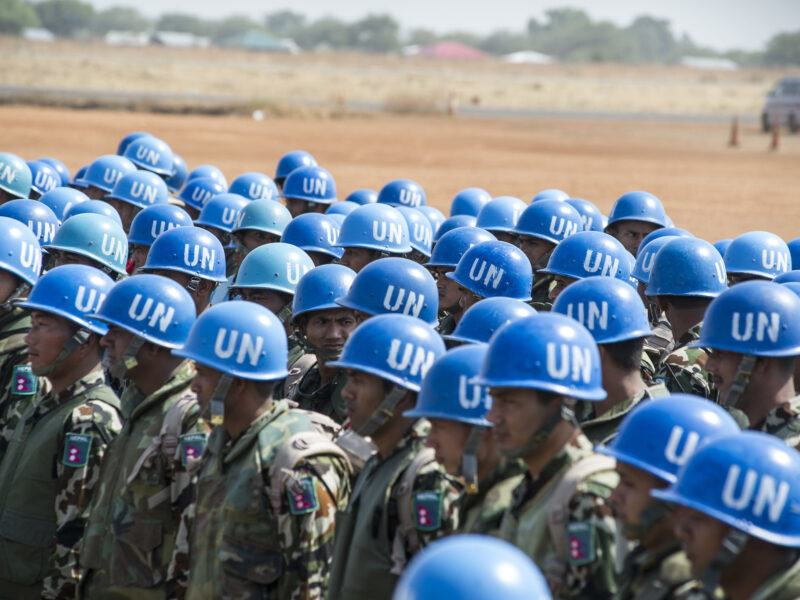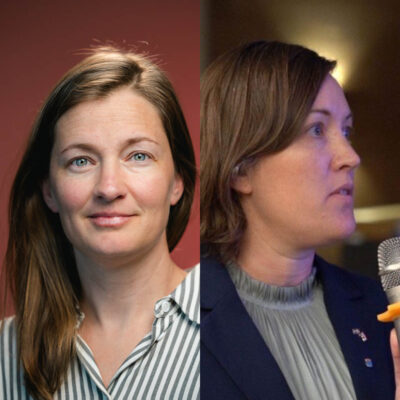A chance to fix a broken social contract
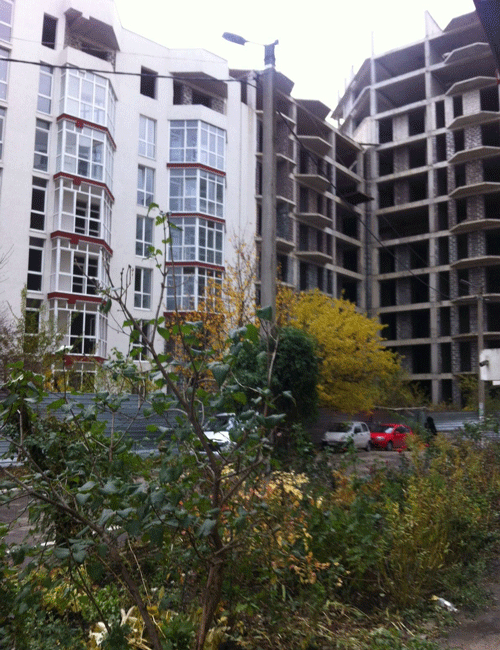
We finished counting the votes in the historical presidential poll in Moldova close to midnight. Although no long queues were expected at the Moldovan Embassy in Stockholm – the only designated voting section for Sweden, Norway and Finland – we were pleasantly surprised with the turnout of the roughly 550 registered Moldovans in the three Nordic countries[1] beating its record in the first round of elections on 30 October 2016.
A drop in the sea, one might think, especially given the much larger diaspora established in other countries, primarily in Russia and the EU, among others in Italy and Romania – all in all comprising 15-20 percent of the electorate going by International Organization for Migration figures. The massive emigration Moldova has been struggling with, might lead to the country’s population shrinking to 2.5 million people by 2050 some studies say.
Hardly an inspiring development for my home country. Hardly a surprise as well given the strong correlation between the poor quality of governance and flows of high-skill emigration that countries in Eastern Europe are facing. With the lack of the rule of law and pervasive corruption across all sectors of life, people’s incentives to stay or return are anything but obvious.
The picture above is an illustrative example. The construction of this half-way completed residential building has been stalled for over three years now. With apartments sold to more than one customer at a time, the owner of the construction company fled the country, the bank that took over the building was liquidated, having, by the way, also been involved in one of the scandals of the century – billion dollars (politically organized) fraud equivalent to roughly 15 percent of the country’s GDP. Needless to mention that the citizens were left at a loss, with no ways of seeking justice or perhaps not even seeing it worth their time. If anything, this building certainly changed the view from the apartment my parents live in just across the street, adding to the city’s list of ‘’unlawful constructions and post-communist brutality’’.
With no protection and lack of trust in basic services and transactions in both the private and public sector – who should the citizens be voting for in conditions of an essentially broken social contract?
The alternatives during the Sunday elections were traditionally grouped into the pro-EU and pro-Russian camps, however in reality the final outcome of the second round of elections will determine whether the country has a chance to overhaul particularly its judiciary system currently largely subject to oligarchic politics.
The vote of those based in the ‘’Nordics’’ was clearly in favour of ‘’the only chance for Moldova to have a new start’’. Whether this will be the choice of the rest of the population remains to be seen on 13 November 2016.
Here at the FBA, we will be looking forward to the debriefing of our seconded election observers and colleagues at the OSCE. Hopefully, the final results will allow for less bleakness and obscurity in picturing Moldova’s development prospects.
[1] Number of people registered based on Moldovan citizenship
av Ludmila Ceban
